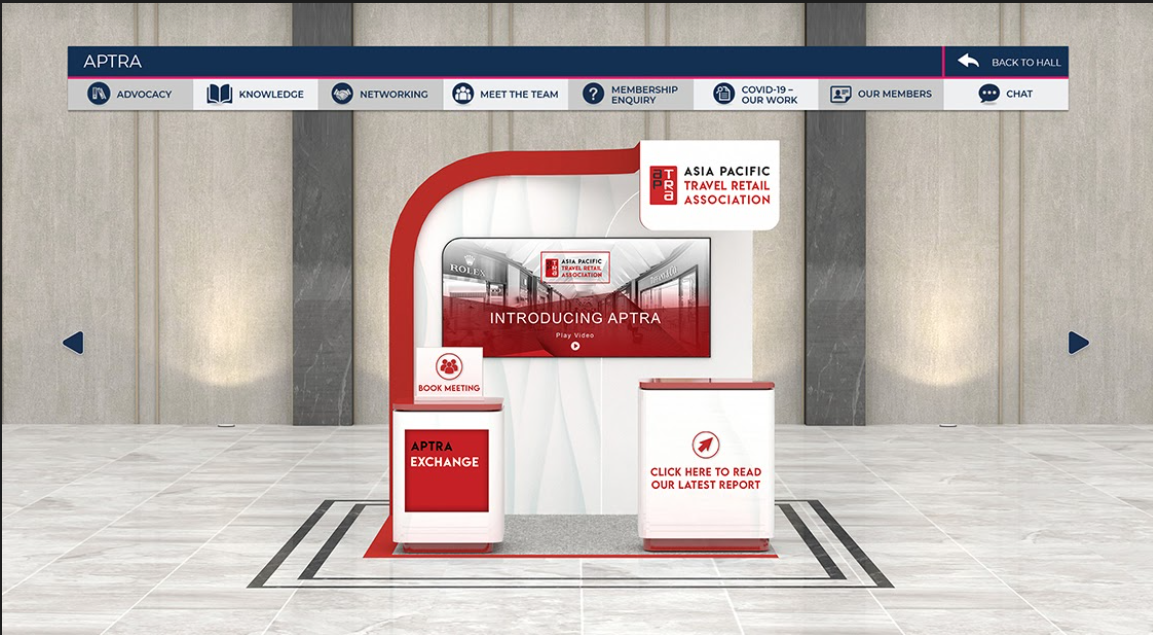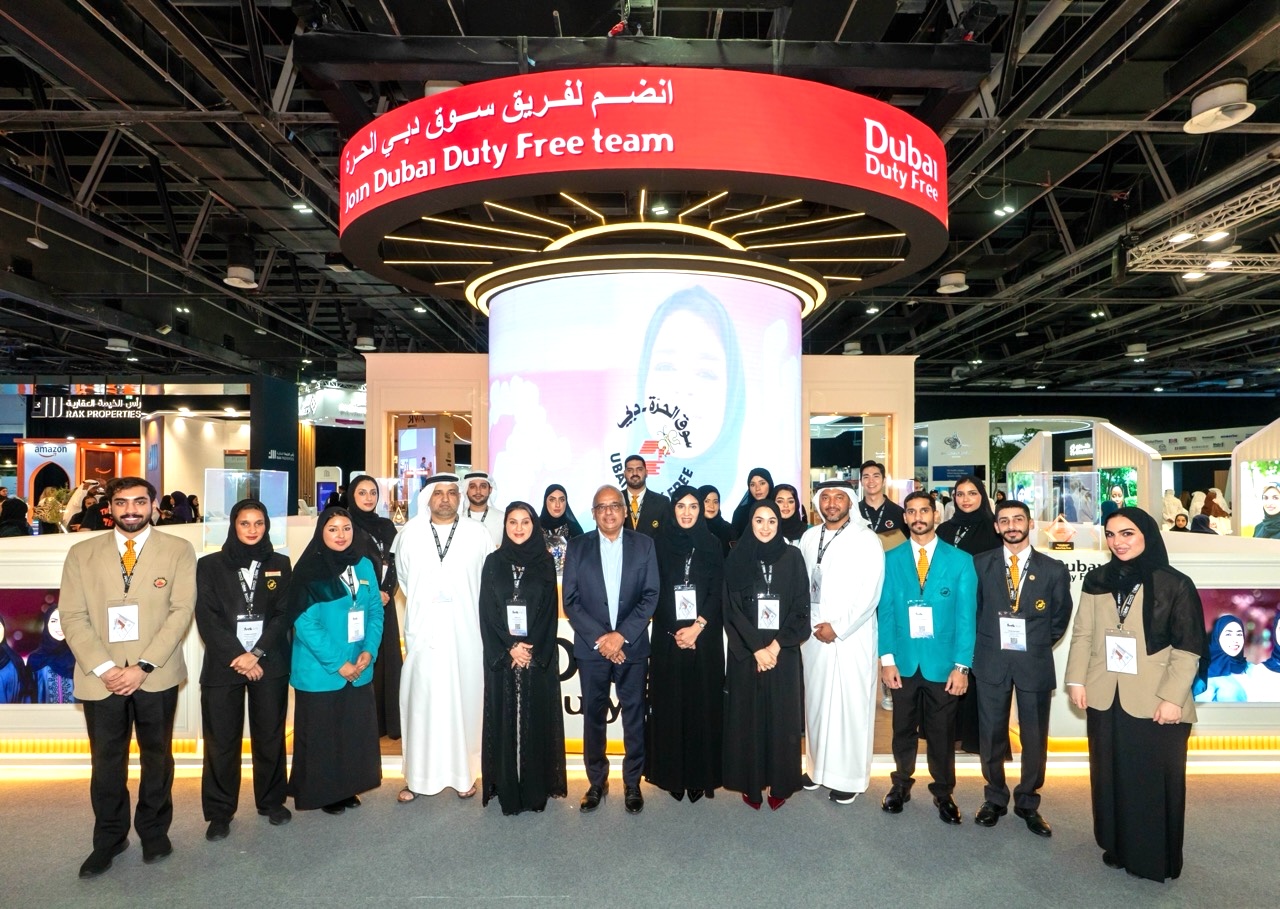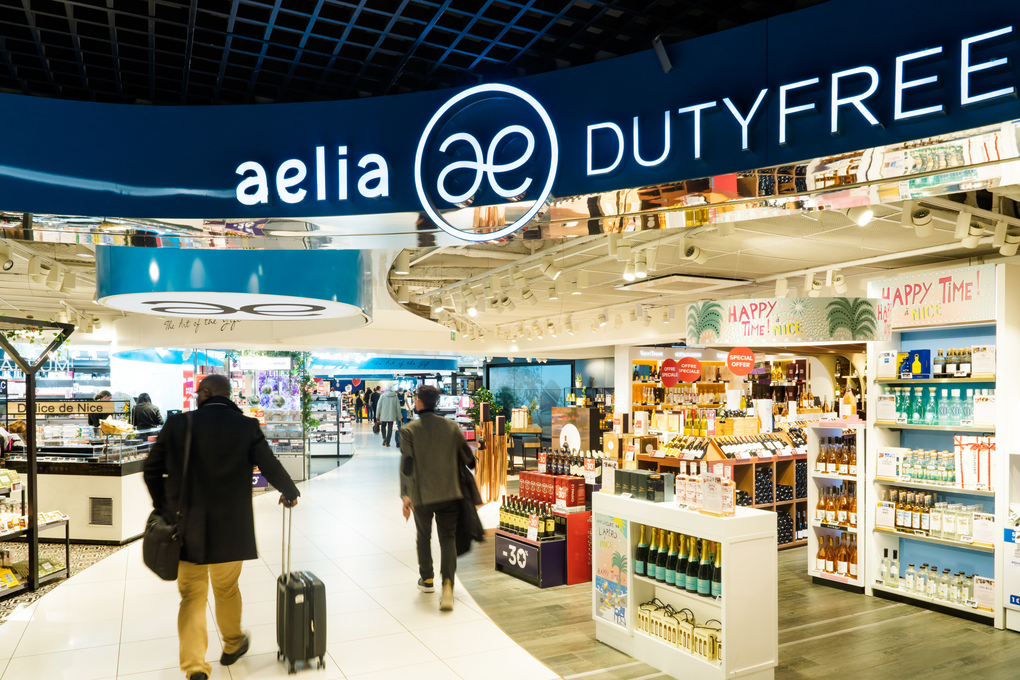
In our first story of 2021, Martin Moodie speaks to Sunil Tuli, President of the Asia Pacific Travel Association (APTRA), about the challenges that the organisation faces from both a funding and industry perspective. The sector veteran, who is Group Chief Executive of Hong Kong-based King Power Group, also talks about how travel retail across the vast region is emerging from crisis.
The Moodie Davitt Report: Sunil, can you sum up APTRA’s key challenges and achievements in the particularly troubled year that was 2020?
Throughout 2020, APTRA’S focus has been to support our members with advocacy as our priority, delivering a powerful, united industry voice at government level across a challenging region – one that has over 45 politically diverse and geographically dispersed countries.
The added complexity is that as COVID-19 is still a moving target now a year on, we have to engage with many different stakeholders within governments, all of whom have different priorities and remits.
In addition to our usual contacts in transport, trade and commerce we now have to create credibility for our cause with health departments; all against a backdrop of competing priorities, which vary by country. Yet I’m pleased to report we are being heard and governments are actively engaging with us.
Our work has been relentless – with no less than seven major advocacy campaigns launched in 2020 and with the latest one amplified by joining forces with other regional associations. This is highly complex, slow-moving work which can make it frustrating.
Results don’t hit the bottom line immediately and I know that some of our members have faced their own internal challenges in aligning their finance colleagues on the importance of prioritising their membership of APTRA – even though membership is very low cost, that shouldn’t mean it’s an easy to delete line on the P&L!
We are so competitively priced that every company gets a huge return from their membership subscription fee. It’s equivalent to just a few cups of coffee a day and I don’t see companies cutting back on their hot beverage consumption…
There’s no doubt in my mind that APTRA’s strident approach is making an impact on future government decisions that will help our industry to function and, in time, to recover. We all need to understand this is a long game and that, as the representative voice of the entire industry, APTRA is performing valuable work that individual companies just can’t do for themselves.
APTRA represents the Trinity. When the COVID-19 situation halted travel, the circumstances were felt differently amongst all the categories of members and APTRA recognised that. As we escalated our advocacy work, asking governments to recognise the needs of travel retail as a whole, with financial help and stimulus, we also appealed to airport authorities to support our appeal and endorse the category of travel retail as part of their conversations with government.
We created new reports (e.g. APTRA Members Regional Situational Report, APTRA Advocacy Report, APTRA COVID-19 Report), regularly updating members with valuable information that was both key and that was constantly changing.
Prior to COVID-19 we had already planned to upgrade our members’ access to information, and that’s exactly what we did – launching a new APTRA website giving members access to a knowledge bank of research reports & a members directory to enable greater connectivity between organisations, especially valuable at a time when there have been no physical events.
You said during your China Reborn speech that you are not seeing enough support for APTRA and that you were very disappointed. Why is that the case? Is it purely the economic pain of COVID-19? What can you do to change that?
I believe it’s linked to economic factors – so while some companies prioritise their membership fees others may take the view that it’s an easy budget line to cut. But I really want to stress that cutting membership to APTRA doesn’t help anyone… not your bottom line, nor the industry. We are so competitively priced that every company gets a huge return from their membership subscription fee. It’s equivalent to just a few cups of coffee a day and I don’t see companies cutting back on their hot beverage consumption…
Individual companies simply cannot lobby governments effectively… so it makes total sense to fund a trade association to do it for you, more impactfully to help your business in the long term in the most cost-effective way.

How does APTRA raise money other than from membership fees? What are its key costs?
APTRA is a not for profit organisation. Membership fees are our principal income stream and with no physical events – and therefore no opportunities for event sponsorship – they are our only income stream to fund our essential priorities of advocacy, research and in promoting our work and government messaging through editorial coverage across the region. We have a skeleton core team of just two people with external support in advocacy and communications.
The big TFWA events in the region help promote the work and identity of APTRA. Can you leverage these more?
The TFWA events have always been a valuable opportunity for us to connect with organisations, explain our work and to attract new members. However, they are not income-generating for APTRA.

In your region we have seen several examples of pro-travel retail industry government support – Hainan’s offshore duty free shopping policy, of course; but also the Korean authorities’ allowing travel retailers to divest stock via alternative channels; and some other examples. Elsewhere in the world, governments have been less sympathetic to the sector. What do you make of, say, the UK government’s disastrous decision to abolish tax free sales, a decision that completely blindsided our industry and its lobbying representatives?
Our industry globally is not always well understood at government level especially when it comes to ministerial appreciation of the importance of commercial income for airports generated through retail and F&B, the numbers of people employed in travel retail and related sectors, and the contribution our industry makes to GDP.
Travel retail is often categorised as non-essential retail whereas in actual fact it is vital to airport profitability and survival. This is why we need associations like APTRA to continually push the message about our vital contribution.
It’s not an easy or a quick job to do as many different government departments with varying portfolios need to be engaged and educated – and this is what the vast majority of our membership income is spent upon. It’s also why APTRA has decided to join forces with other organisations in travel, aviation and tourism in APAC. To add our voice to a bigger collective and to deliver more impact with governments. If we want to effect change, we have to advocate for our community and leverage the power of the collective voice.
How will that joining of forces play out in reality?
The APTRA board decided we should do everything in our power to make the biggest impact for our members. So that meant reaching outside travel retail to deliver the strongest impact we could with governments by proactively connecting with other organisations in our broader ecosystem of travel, aviation and tourism.
I’m genuinely inspired by the power of humanity I’m seeing, the will to help each other, to survive and the willingness to adapt in order to do so.
Between APTRA, ACI, PATA, IATA, and AAPA we’ve had many discussions, Zoom calls and information sharing to gather our thoughts and objectives between our executive teams and to agree on the one or two big asks that we jointly believe will deliver a paradigm shift in the current situation, and to agree which stakeholders to pitch our appeal to.
Again, it’s complex, with each of us having slightly varying views and priorities, but all having a common objective that we need travel and borders to open back up again ASAP. In the long term, I think these new relationships will open up new possibilities for travel retail in APAC to create alliances and opportunities for us to extend our engagement with consumers all along the journey, the vacation and the business trip.

You said during your China Reborn speech that Asia Pacific will be the first region to recover from the pandemic. In some countries at least, specifically China, that certainly appears to be the case. How do you assess regional prospects for 2021?
APAC is a region with economies deeply rooted in tourism in terms of jobs and GDP and therefore they pack importance with governments. So I believe those governments will do everything they can – along with prioritising health – to save jobs, protect local economies and to safeguard the educational development and future prospects of future generations that are so reliant on tourism and its wider ecosystem. And that’s why we are highlighting our role within that ecosystem.

APAC is also a forgiving and welcoming region, one that wants to open borders, made up of countries that are early adopters and innovators, and the front-runners in creating safe corridors. And let’s remember this region is fuelled by young populations ready to progress and people of all ages who want to travel and explore the world. This is a region that lets nothing stand in the way of progress, enabled by the moment of goods, services and people.
These are the reasons, I am sure, APAC is staying positive and progressive and that will deliver positive prospects as 2021 gets underway.
A final message to the industry Sunil?
I’ve been in business a long time, have faced many challenges and of course this is by far the most demanding. But I’m genuinely inspired by the power of humanity I’m seeing, the will to help each other, to survive and the willingness to adapt in order to do so.
That’s why for me we must prioritise people – it’s the time to look after the people we work with – our employees, our colleagues, our suppliers – to know what’s important to them, to trust, respect and to empower them. To focus on the individual person behind the customer, the shopper, the traveller – and how they think and like to shop – rather than the transaction, the basket spend.
The more we know, understand and genuinely relate to the people all around us, and the more we care for our world in our corporate actions, the better our industry will be.











